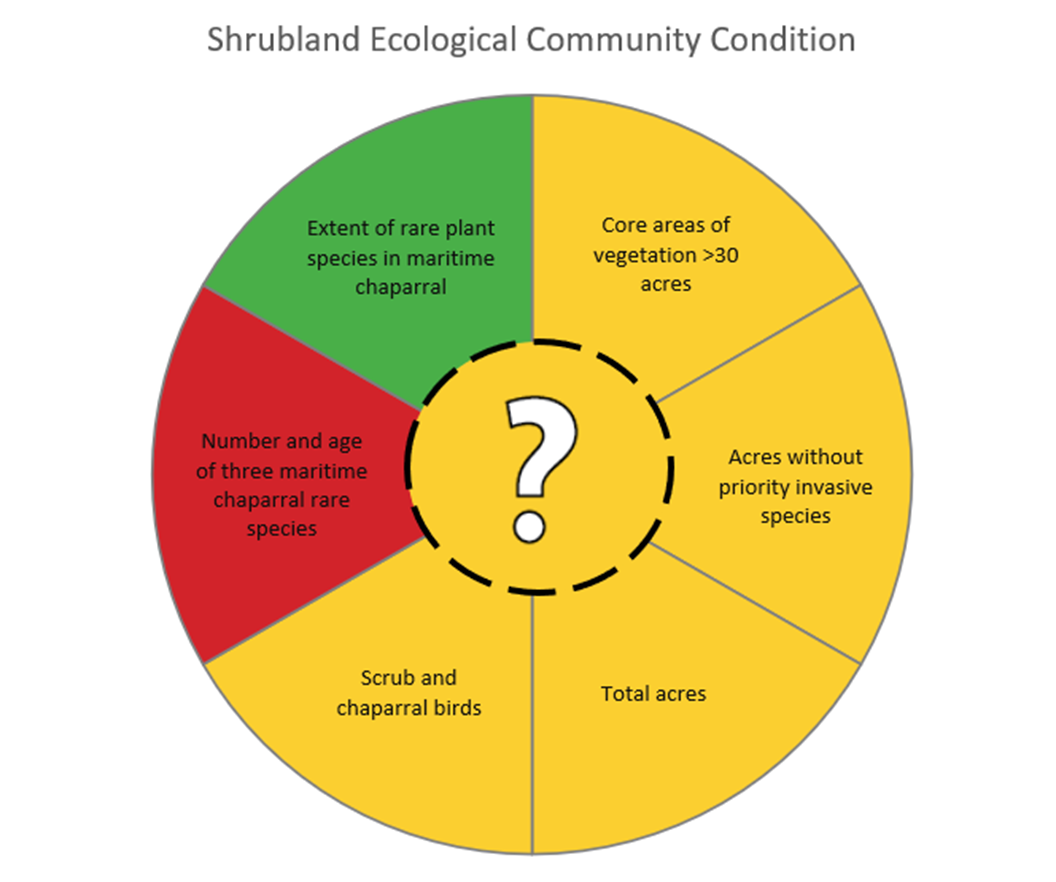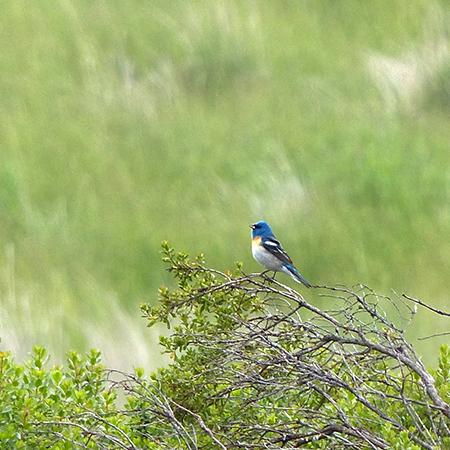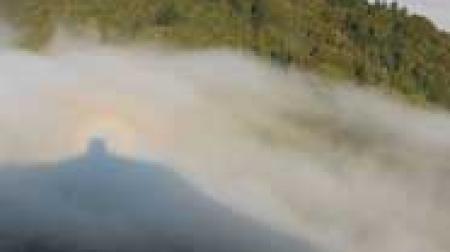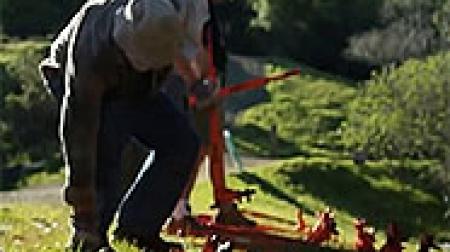Peak Health home > Landscapes > Ecosystems > Shrubland communities
Summary
The current condition of shrubland communities, evaluated as good in 2016, was Caution in 2022. This is in part because new data and analyses indicate a higher level of threat from invasive species and greater forest succession due to fire suppression. However, these results need to be considered with the understanding that comparing 2016 and 2022 is complicated by two important factors: revised shrublands metrics and the previously described challenges presented by the updated vegetation map.
Rare Plants
The number of certain rare maritime chaparral species remains of significant concern.
Plant Disease
It is not currently known to what extent Phytophthera species, such as the one that causes Sudden Oak Death, have affected these plant communities on Mt. Tam.
Animals
Although the extent of maritime chaparral species remains good, the overall bird community is in a state of caution.
Climate Change
Projected future vegetation changes for the San Francisco Bay Area include increases in shrublands, especially chamise-dominated chaparral (Cornwell et al., 2012; Ackerly et al., 2015). Yet even chaparral species that are adapted to—or tolerant of—very dry conditions are not immune to drought stress, and may suffer under hotter, drier climate scenarios in their current distributions (Jacobsen et al., 2007; Paddock et al., 2013). As a result, these shrub-dominated vegetation types are expected to shift toward the coast at lower elevations.
resources
Ackerly, D. D., Cornwell, W. K, Weiss, S. B., Flint, L. E., & Flint, A. L. (2015). A geographic mosaic of climate change impacts on terrestrial vegetation: Which areas are most at risk? PLoS ONE, 10(6), e0130629. http://dx.doi.org/10.1371/journal.pone.0130629
Cornwell, W. K., Stuart, S., Ramirez, A., Dolanc, C. R., Thorne, J. H., & Ackerly, D. D. (2012). Climate change impacts on California vegetation: Physiology, life history, and ecosystem change (White Paper from California Energy Commission’s California Climate Change Center). Publication number: CEC-500-2012-023. Berkeley, CA: University of California, Berkeley. Available from: http://www.energy.ca.gov/2012publications/CEC-500-2012-023/CEC-500-2012-023.pdf.
Jacobsen, A. L., Pratt, R. B., Ewers, F. W., & Davis, S. D. (2007). Cavitation resistance among 26 chaparral species of southern California. Ecological Monographs, 77(1), 99-115. Available from: https://www.jstor.org/stable/27646074.
Paddock, W. A. S. III, Davis, S. D., Pratt, R. B., Jacobsen, A. L., Tobin, M. F., López-Portillo, J., & Ewers, F. W. (2013). Factors determining mortality of adult chaparral shrubs in an extreme drought year in California. Aliso: A Journal of Systematic and Evolutionary Botany, 31(1), 49-57. Available from: https://www.csub.edu/~rpratt/Publications/Paddock%20et%20al.Aliso%202013.pdf.





